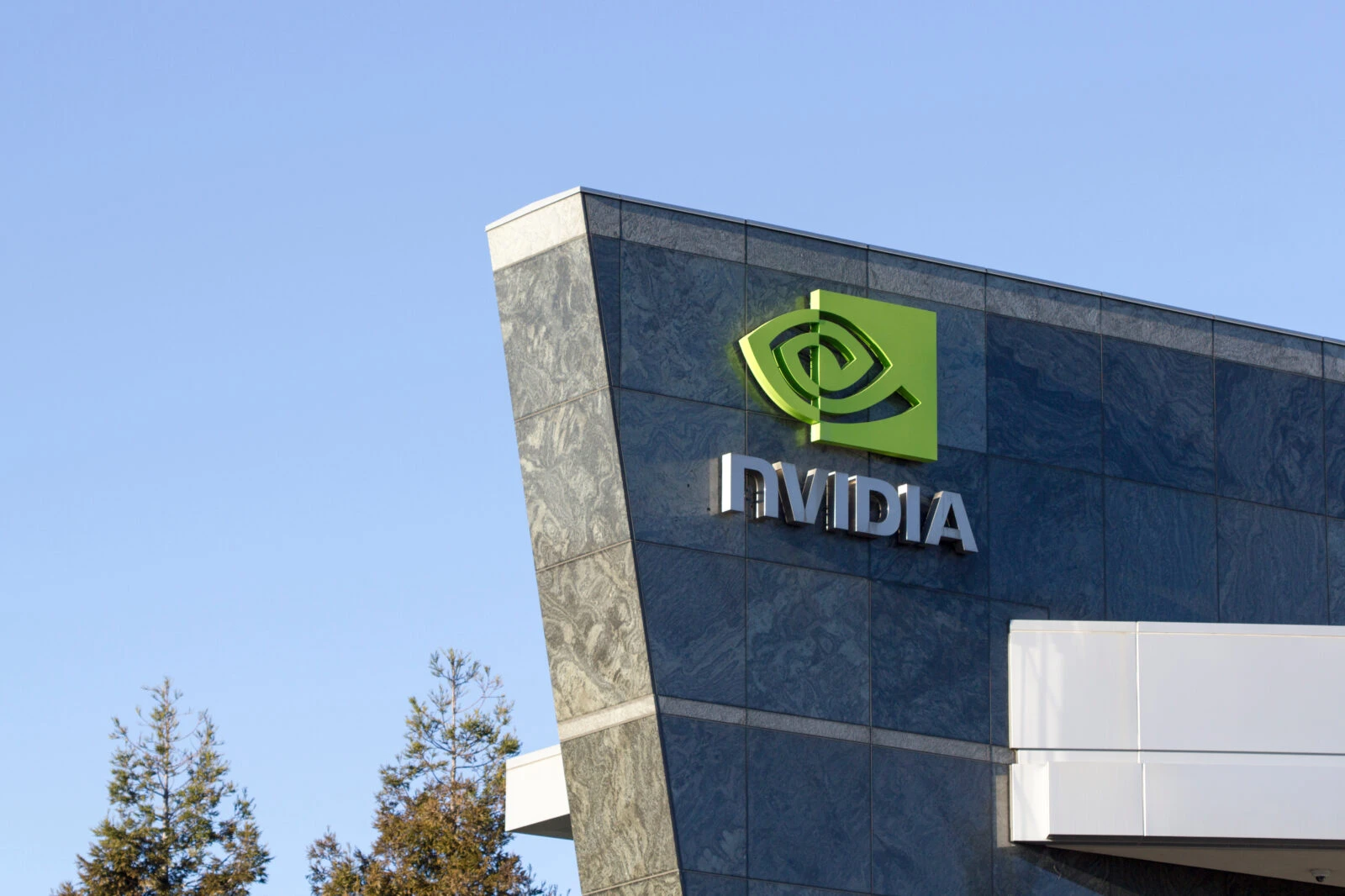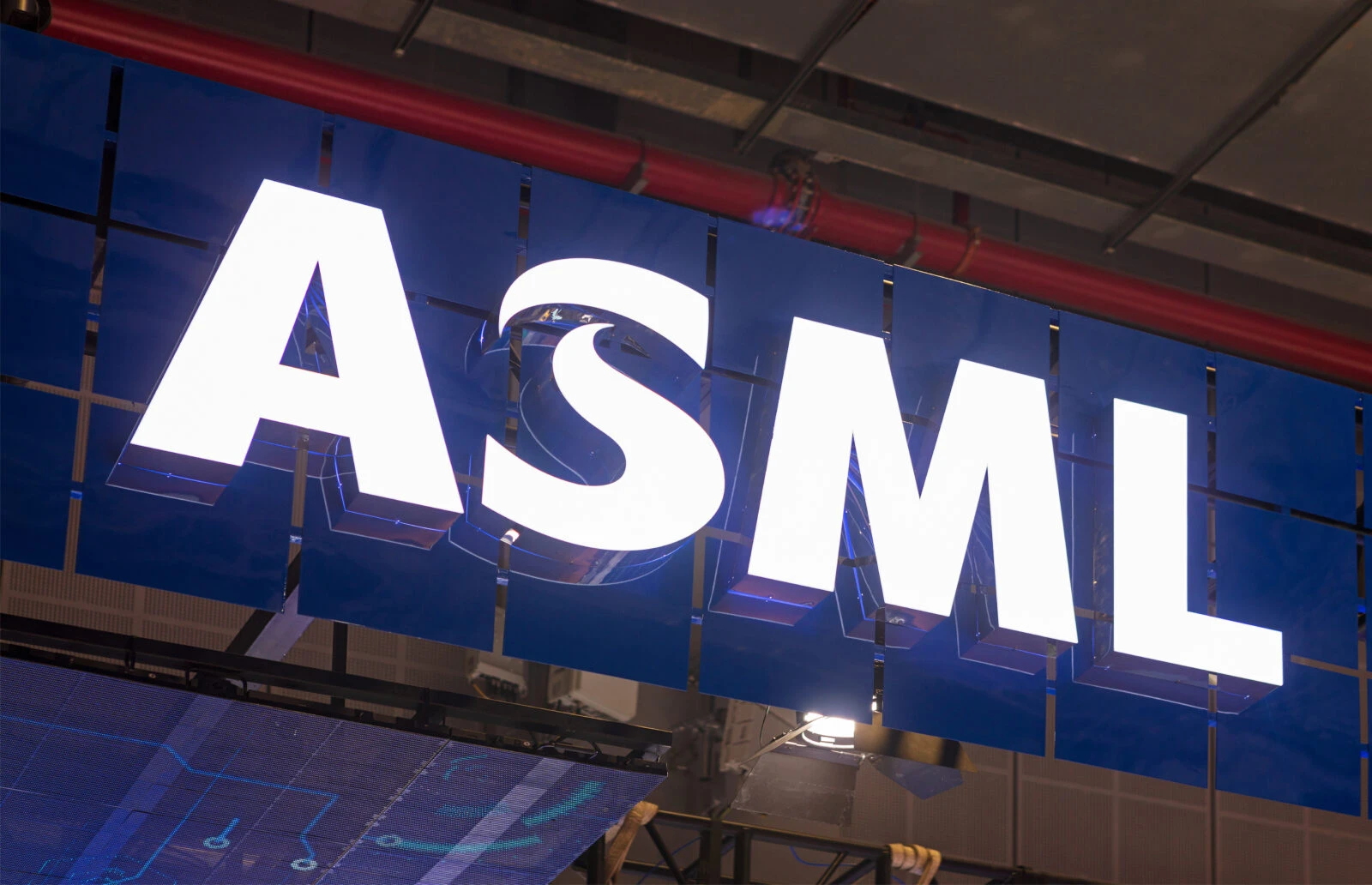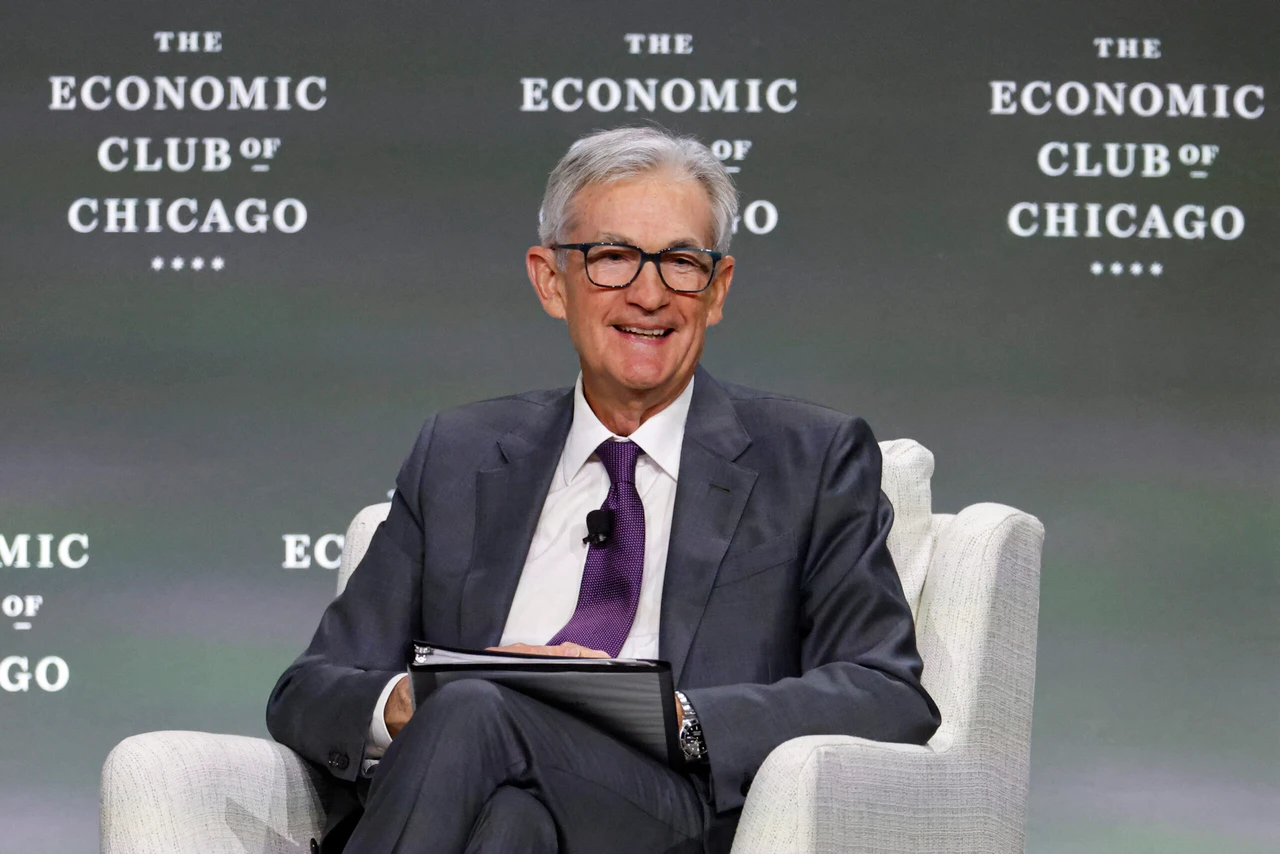Tech prices set to rise as global giants warn of Trump tariff impact
 A customer shops computers at a consumer electronics store in Chicago, Illinois, on April 14, 2025. (AFP Photo)
A customer shops computers at a consumer electronics store in Chicago, Illinois, on April 14, 2025. (AFP Photo)
Global chip titans Nvidia and ASML have flagged significant financial strain amid the escalating tariff showdown between the U.S. and China, as new export restrictions, retaliatory trade measures, and disruptions to critical mineral supply chains raise concerns over profitability and affordability, heightening fears of slumping sales across the sector.
According to a filing with the U.S. Securities and Exchange Commission (SEC) on Tuesday, Nvidia expects a $5.5 billion financial hit in the current fiscal quarter due to new U.S. licensing requirements on its H20 chips—the primary graphics processing units (GPUs) the company is authorized to sell in China.
The charges stem from inventory write-downs, purchase commitments, and related reserves, as Nvidia adjusts to indefinite restrictions imposed by U.S. officials over concerns that the chips could be used in Chinese supercomputers.

The licensing requirement applies to all Nvidia GPUs with bandwidth similar to the H20 model. This measure follows earlier export limits on Nvidia’s most advanced AI chips and may further constrain global supply, particularly in key consumer and industrial markets.
Nvidia’s shares fell more than 6% in after-market trading following the disclosure. CEO Jensen Huang said the company will continue to comply with export regulations while advancing global AI innovation.
Similarly, ASML, the Dutch supplier of cutting-edge chipmaking equipment, also acknowledged mounting pressure from Trump’s tariff policies. Although the company kept its annual sales forecast unchanged at €30 billion–€35 billion and posted a strong first-quarter profit of €2.4 billion, CEO Christophe Fouquet warned that “increased macro uncertainty” following recent tariff announcements could disrupt market conditions.

“Recent tariff announcements have increased uncertainty in the macro environment and the situation will remain dynamic for a while,” Fouquet said, noting that despite current demand, volatility may affect pricing and investment decisions in the semiconductor supply chain.
‘Exemption’ relief short-lived, mineral restriction fears grip the industry
The concerns come amid a broader trade standoff triggered by U.S. President Donald Trump’s April 2 announcement of reciprocal tariffs targeting 185 countries. Following a sharp market sell-off in response to the news, Trump introduced a 90-day pause on the steepest levies on April 9.
However, most countries now face a baseline tariff of 10%, with China being the notable exception. Following a series of reciprocal escalations, the standoff ultimately culminated in the U.S. imposing 145% tariffs on Chinese goods, while China responded with 125% tariffs on select U.S. products.
The tit-for-tat escalation risks higher production costs for tech firms reliant on cross-border supply chains, including components and assembly services sourced from China. Market analysts warn that these costs are likely to be passed on to consumers, potentially pushing up prices for electronics, smartphones, and computer hardware globally.
Despite Trump’s exemption of tech products from tariffs on April 11—a move that briefly eased concerns for global tech firms such as Apple, Nvidia, Samsung, and Dell—the optimism was short-lived. It was quickly dampened by a statement from Trump on Sunday, in which he declared, “NOBODY is getting ‘off the hook’ for the unfair trade balances and non-monetary tariff barriers that other countries have used against us—especially not China, which by far treats us the worst!” on his Truth Social account.

Meanwhile, Trump ordered an investigation into semiconductors and pharmaceutical products to determine whether new tariffs should be imposed.
Adding to the tariffs, China introduced new export restrictions on rare earth elements (REEs) on April 4 in response to the tariff measures. These minerals are essential for manufacturing a wide range of high-tech products, including semiconductors, electric vehicle motors, and smartphones.
China accounts for nearly 49% of global REE reserves and about 69% of annual global production, according to the U.S. Geological Survey. The country also dominates processing capacity, handling approximately 90% of the world’s rare earth refining—further underscoring global dependence on Chinese supply.
Export restrictions imposed by Beijing can lead to immediate supply disruptions, particularly in sectors heavily reliant on REEs, such as semiconductors, electric vehicles, renewable energy systems, and defense technologies. Given the limited number of alternative suppliers, many countries expected to face challenges in securing stable and sufficient access to these critical materials.
As a result, production costs for high-tech goods may increase globally, with potential price hikes filtering down to consumers. Industries dependent on REEs could experience delays or reduced output due to raw material shortages, further exacerbating inflationary pressures on electronics, batteries, and clean energy components.
The concentration of REE processing in China also limits the ability of manufacturers to pivot quickly to new sources, reinforcing global dependence and heightening the strategic importance of securing diversified supply chains.



